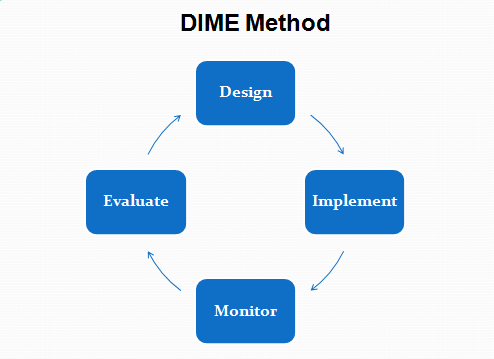 At this gift-giving time of the year, I am reminded that we all have natural gifts.
At this gift-giving time of the year, I am reminded that we all have natural gifts.
The notion that we can constantly make ourselves better, in theory, is a great idea. But when does it become too much?
For me, the best way to answer this question is to notice our strengths and work to enhance them. In my Vistage work, and as a leadership coach and advisor, I refer to this as discovering and working in our genius.
While personal growth and development are part of living a full life, and after all this is what Vistage is all about, I wonder sometimes if we have become so focused on achieving that we are never able to appreciate who we are or what we have already accomplished.
For me, the best way to avoid the “better, better, better” trap is to ask the following questions:
- What am I already good at? What do I need to do to become excellent at this?
- Of the things I am not good at and am striving to improve, what can I delegate to someone else?
- Can I find a way to accept being adequate or “good enough” at the rest?
Once we know and understand our strengths, and focus on that, we not only become more effective, we become more satisfied, and ultimately become better leaders.


![2012 12-16 teamwork and team spirit Stock_000015505973XSmall[1]](http://216.194.168.37/~elisas5/wp-content/uploads/2012/12/2012-12-16-teamwork-and-team-spirit-Stock_000015505973XSmall13-150x150.jpg)





![2012 11-28 Leadership iStock_000018302110XSmall[1]](http://216.194.168.37/~elisas5/wp-content/uploads/2012/11/2012-11-28-Leadership-iStock_000018302110XSmall11-300x199.jpg)










 The initial results of my Pivot are excellent. I feel I have much greater clarity regarding the next 3-5 years..
The initial results of my Pivot are excellent. I feel I have much greater clarity regarding the next 3-5 years..  John Yerger
John Yerger